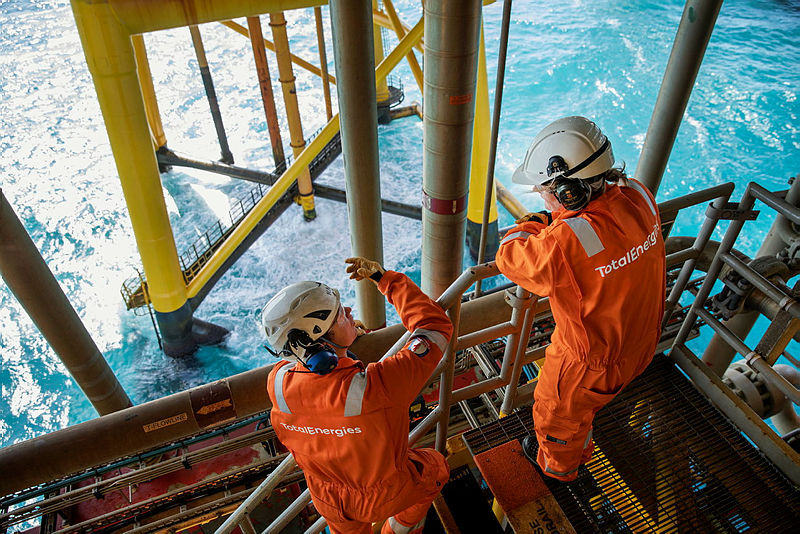
About Bifrost
Committed partners researching the future of the energy sector
The next chapter in Danish climate history
Climate action is urgently needed. CO2-emissions must be reduced drastically to mitigate climate change, while society is transformed into solutions for the future. And the climate crisis leaves us with only a few choices to reduce fast enough.
The oil and gas industry has given us the infrastructure and competencies to make carbon capture and storage (CCS) work in practice. This gives the CCS-technology the potential to deliver significant reductions within a short timeframe. This is why CCS is broadly considered a vital solution in order to meet both the Danish 70 percent reduction target, as well as the goal of the Paris Agreement to keep global warming well below 2 degrees. This makes CCS an inevitable next chapter in Danish climate history. A chapter that Project Bifrost contributes to writing.
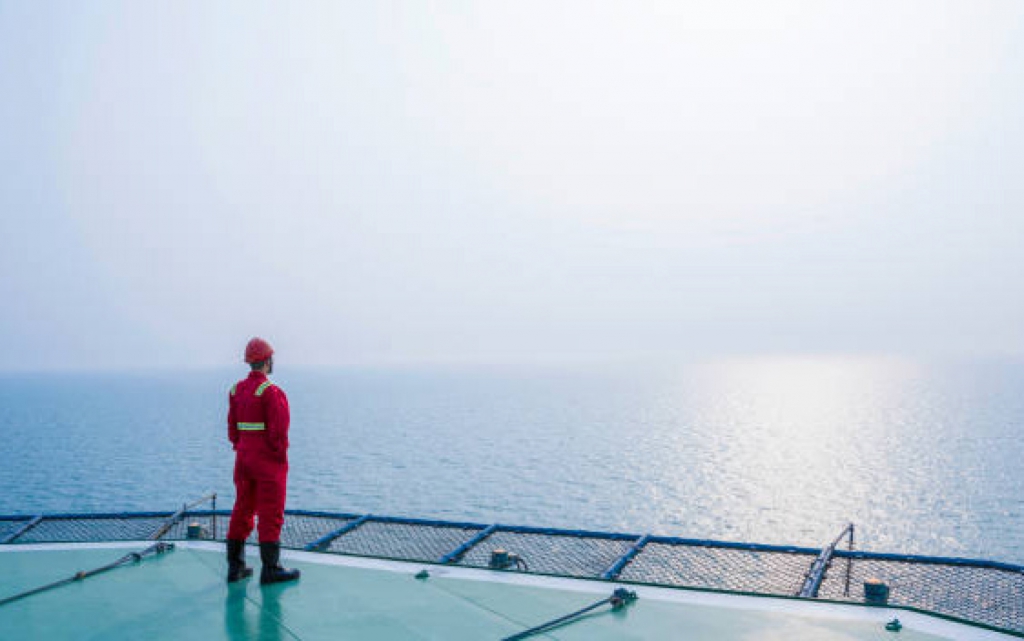
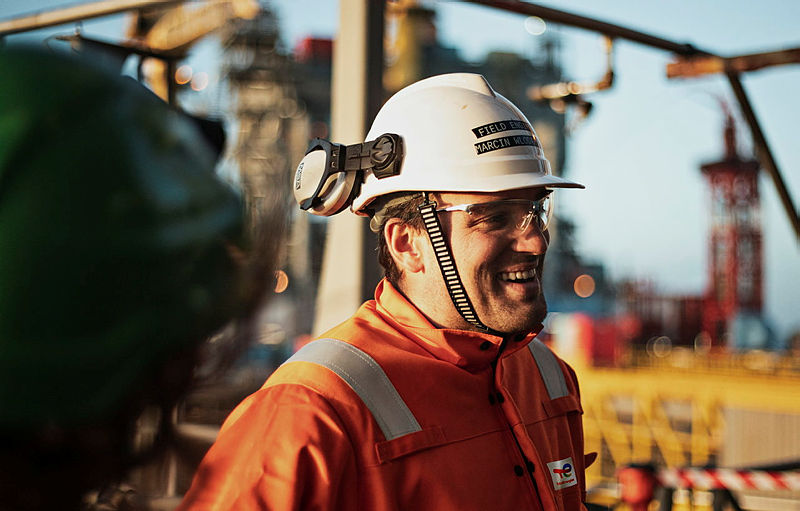
Bifrost – bridging the transition
The name Bifrost originates from Norse mythology, referring to a rainbow bridge connecting Asgard (the world of gods) to Midgard (the world of humans). Project Bifrost connects offshore and land: CO2 is captured onshore and led back underground in a sustainable circuit. This makes Bifrost a bridge of transition – a solution that bridges traditional energy forms with the energy of the future.
Project Bifrost performs the groundwork necessary for transporting and storing CO2 underground offshore in the Harald field: From the CO2 being captured on land to the transportation offshore via specialized shipping or existing pipelines – and finally injected into the empty gas reservoirs at the Harald field.
The North Sea was chosen for the project because of the suitable Danish geology. Situated 3650 meters below the surface, the depleted Harald-West sandstone reservoir is highly suitable for permanently and safely storing CO2 thanks to its good containment and very strong shale seal. With a storage capacity of several million tons per year, the Harald-field is the perfect destination for this Danish CCS-adventure to take off.
Research and innovation front and center
At the core of Project Bifrost is the co-creation of knowledge between a highly specialized, experienced industry and DTU as the project’s academic partner. As a comprehensive multi-year study focused on the Harald-field as a storage site, the project gives insight into the fundamental groundwork that is needed to make CCS a tool in the Danish climate toolbox.
With DTU as a strong academic force, Project Bifrost gives insight into the technical, operational, and socioeconomic dimensions of implementing CCS development in Denmark. DTU offshore delivers the essential technical studies on the storage of CO2, ultimately providing feasibility studies of the full storage potential in the North Sea. DTU Management investigates the operational frames of a new CCS-industry in Denmark, starting with a comprehensive survey study on the public opinion on CCS. This is research that matters: To the academic world, to the industry, to society, and to the climate.
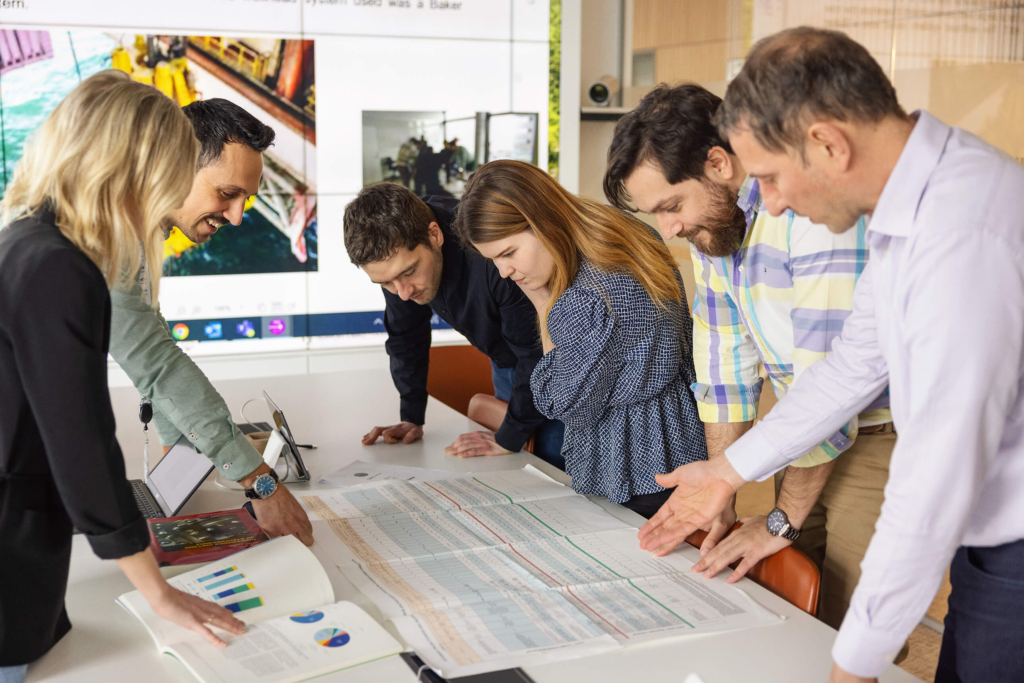
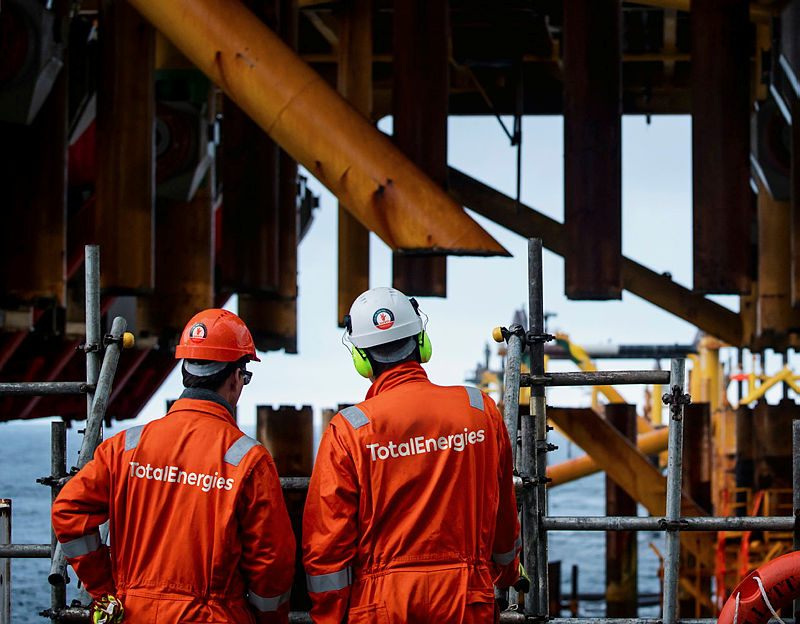
Competent and committed partners on a shared mission
With Project Bifrost, the academic world and the industry are on a shared mission: Unlocking the CCS potential in Denmark and advancing state-of-the-art research and development of CCS. Danish Underground Consortium (TotalEnergies, Nordsøfonden and Noreco), Ørsted and DTU are all rooted in and committed to Denmark. The oil and gas industry’s solid offshore experience and its strong, embedded safety culture provide the knowledge necessary to ensure that establishing CCS-solutions in the Danish North Sea is safe and sustainable for both the environment, people and the climate.
Together, the partners have the CCS expertise needed to uncover the fundamentals of CCS development in Denmark: TotalEnergies, the lead-operator of DUC, brings experience as partner of the CCS-projects Northern Lights (Norway) and Aramis (The Netherlands), Ørsted as member of Carbon Capture Cluster Copenhagen (Denmark), and DTU as an academic frontrunner in CCS-research.
Government funded
With public funding from the Energy Technology Development and Demonstration Programme (EUDP), the partners can develop a transport and storage concept for DUC’s Harald field. The subsidy is granted as part of the Danish state’s national climate strategy towards a zero-emission society. CCS is chosen for this strategic public investment, as the technology is estimated to deliver a significant part of the reductions, Denmark needs to meet the 70% reduction target.

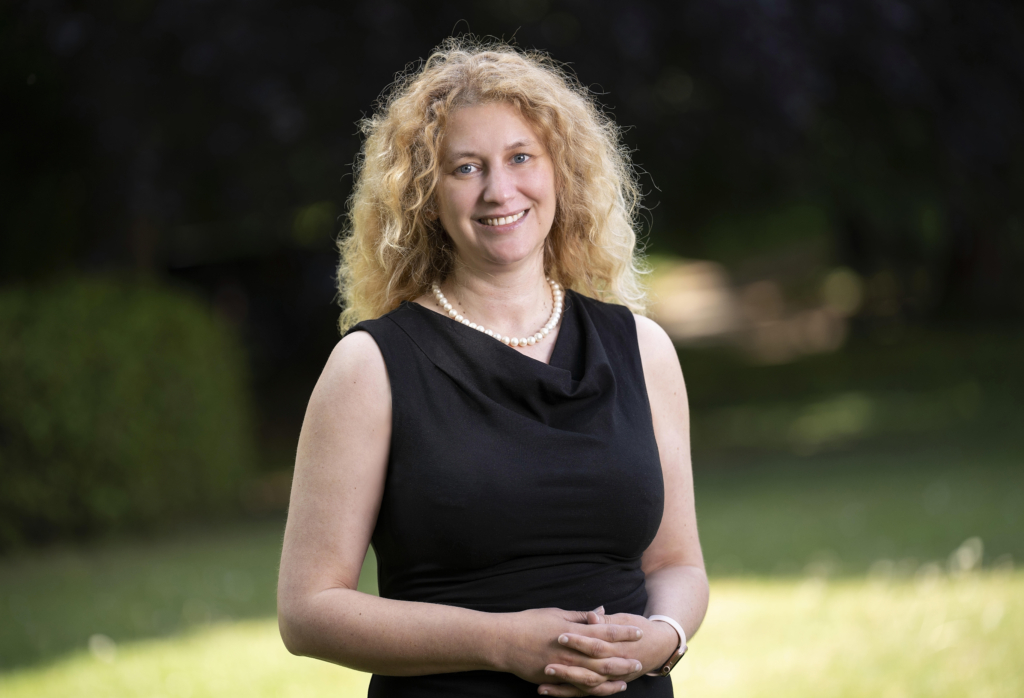
Elena Pachkova,
Centre Director,
Danish Offshore Technology Centre
”CCS is the key technology to achieve net zero carbon emission targets. In project Bifrost we collaborate with industry partners to unlock the potential of carbon storage in the North Sea and to better understand how we can scale up this essential technology from laboratories to full-scale.”